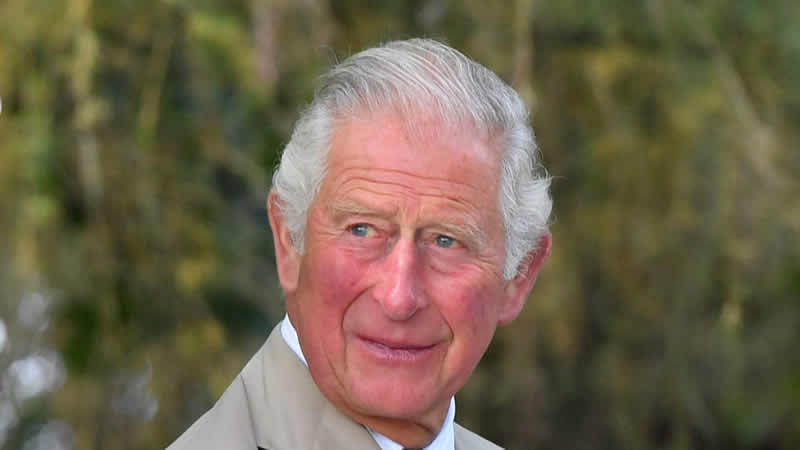
King Charles’ monarchy is in danger due to Queen Camilla’s ‘problem’
Share10King Charles officially conferred the title of Queen upon his wife, Camilla, departing from his late mother’s wishes, which had designated her as Queen Consort.
However, according to royal expert Tom Bower, Camilla’s role could pose a significant challenge to the monarchy’s popularity as King Charles endeavors to make his mark.
Despite the King’s busy schedule, which included approximately 571 royal engagements and two state visits this year, these numbers appear relatively subdued compared to previous years.
Bower pointed out a crucial factor behind this decline: Camilla’s limited ability to embark on lengthy journeys, leading to a scarcity of state visits, such as the ones to Australia.
In an interview with GB News, Bower expressed concerns about Camilla’s health and its potential impact on King Charles’ reign.
He noted, “I don’t think she is that healthy, and that is somewhat of a burden on Charles himself. She doesn’t want to fly to Australia, she avoids trips to Kenya, and her travels rarely extend beyond Paris or Berlin due to the discomfort of jet lag and associated issues.”
Furthermore, Bower revealed that Camilla does not relish her role as Queen, being acutely aware that a substantial portion of the British population harbors reservations about her presence within the monarchy.
He asserted, “I don’t think she sees herself as a leader or a monarch who embodies the values deemed important for a leader in this role.”
While Bower acknowledged that Camilla brings happiness to King Charles on a personal level, he emphasized that this harmonious dynamic does not necessarily translate into a more robust, relevant, and engaged Royal Family, as desired by the public.
The royal expert speculated about the future, suggesting that there may come a point when the monarchy needs both King Charles and Queen Camilla to step up their roles and address the challenges facing the institution.
The delicate balance between tradition and adaptability, which the monarchy has always grappled with, now confronts an added layer of complexity.
As the British monarchy transitions into a new era with King Charles at the helm, it faces a myriad of expectations and uncertainties. Queen Camilla’s unique position within this narrative adds a distinctive twist to the ongoing saga.
It is important to note that Camilla’s journey to becoming Queen has been fraught with controversy and public opinion.
Her relationship with Prince Charles during his marriage to Princess Diana was met with widespread disapproval and scrutiny.
Over the years, however, she has endeavored to establish her role within the royal family and win the acceptance of the British people.
The question of whether the monarchy can thrive under King Charles and Queen Camilla’s leadership remains open. The King’s admirable dedication to royal duties is evident in his numerous engagements and state visits.
However, the constraints posed by Camilla’s health and her reluctance to take on a more prominent role in the monarchy pose challenges that need to be addressed.
In this evolving landscape, the monarchy finds itself at a crossroads, requiring careful navigation between tradition and modernity.
The expectations of the British public, along with the changing dynamics within the royal family, make this a critical juncture in the monarchy’s history.
As the King and Queen continue to fulfill their roles and adapt to the unique circumstances of their reign, they will need to strike a delicate balance between personal preferences and public expectations.
The monarchy’s relevance and its ability to engage with the people will ultimately determine its longevity in a world that constantly evolves.
In the days and years to come, the world will closely watch how King Charles and Queen Camilla navigate these challenges and shape the future of the British monarchy.
Their actions and decisions will play a pivotal role in determining the monarchy’s place in a rapidly changing society, where tradition meets the demands of a modern world.
